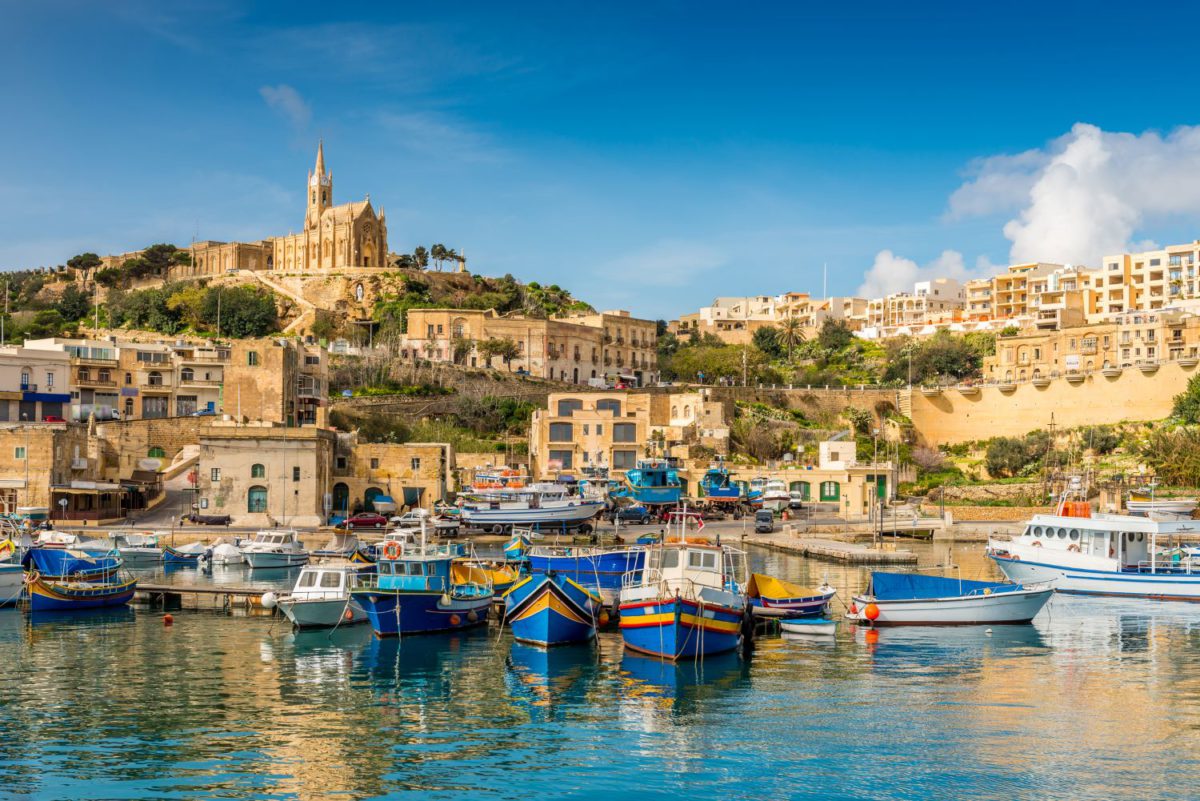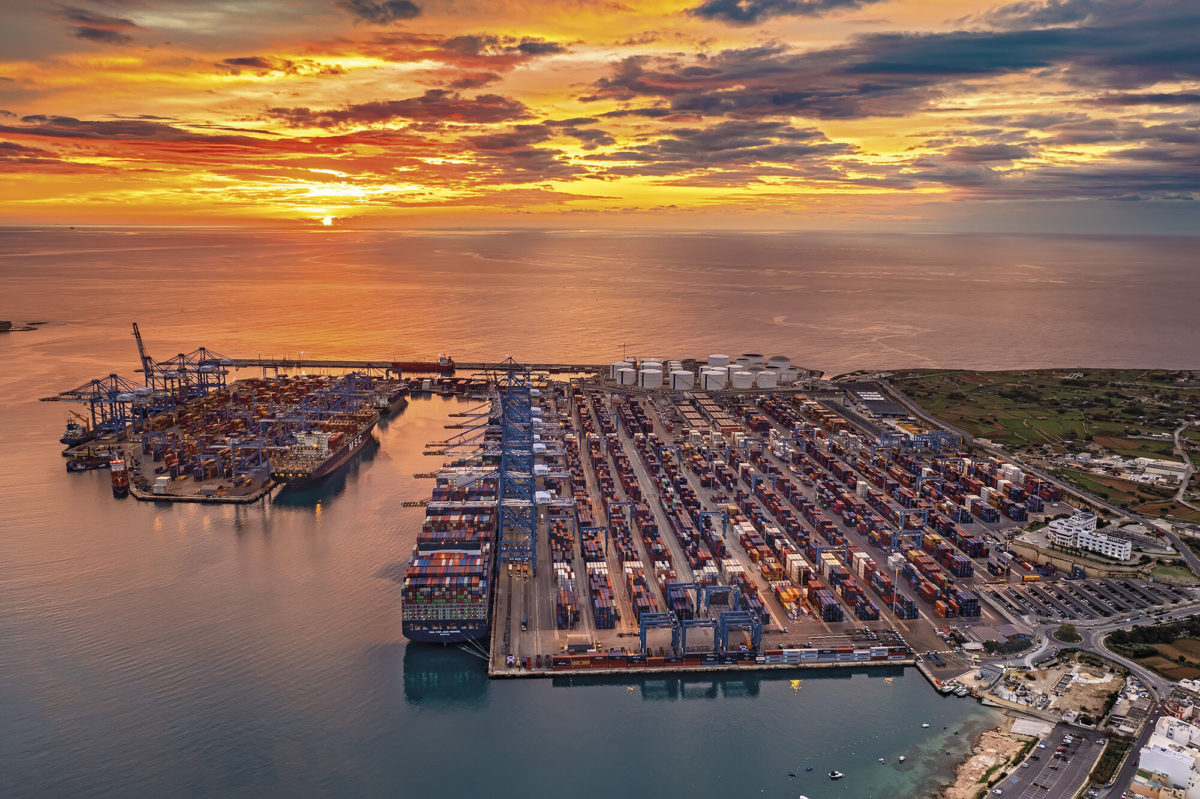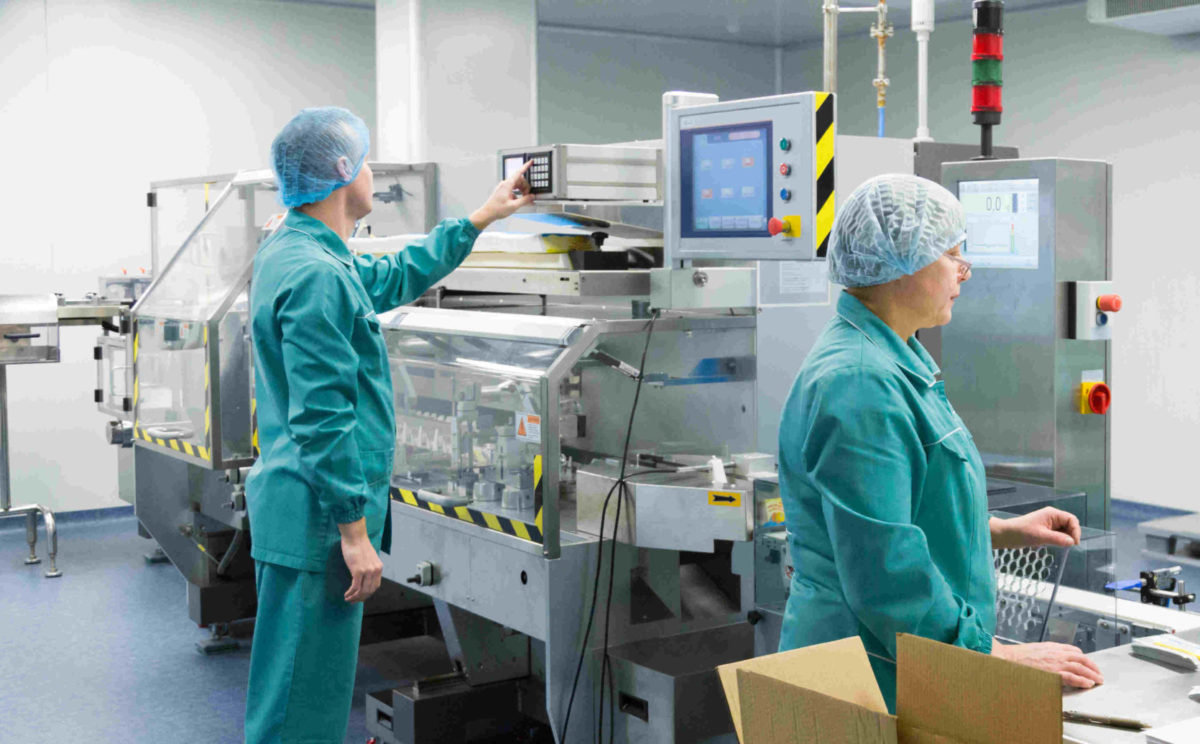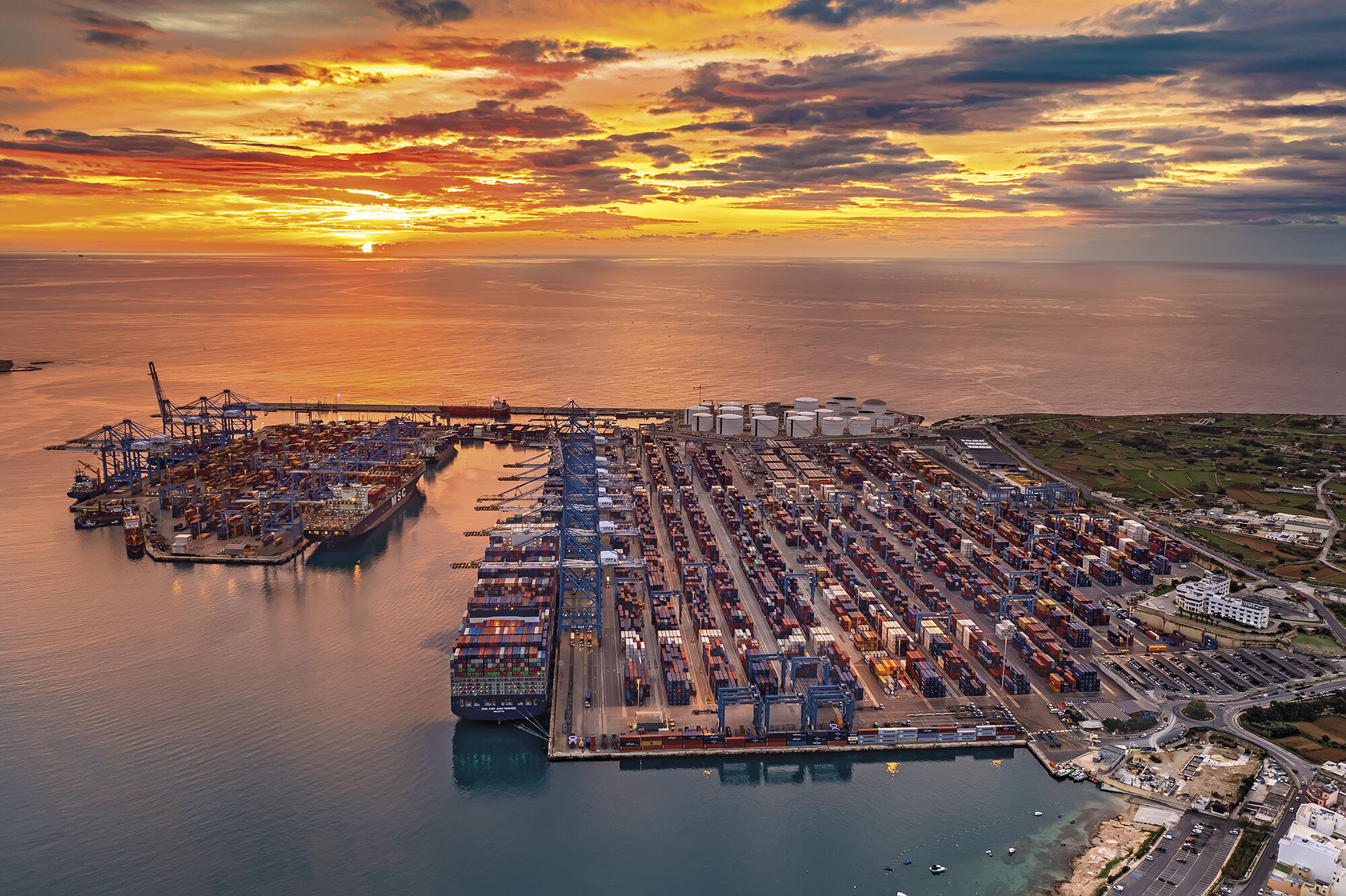With 2024 fast approaching, Malta’s premier economic stakeholders have singled out inflation and a new shipping tax set to take effect from January as the two major threats for the country’s economic performance over the next 12 months.
Also high on the list were the potential for geopolitical conflicts to spill over and draw in new actors, and of course labour, with many companies still finding it difficult to source adequate and competent human resources, despite a mass influx of foreign workers.
The Malta Chamber, the Malta Employers’ Association, the Gozo Business Chamber, the Malta Hotels and Restaurants Association, the Gozo Tourism Association, the Association for Catering Establishments and the General Workers Union all responded to BusinessNow.mt’s request to identify how these challenges may impact Malta’s economy in 2024.
Their replies, presented below, throw into sharp relief the complexities facing economic actors as issues blend and exacerbate each other – though through it all, Malta is set to remain Europe’s fastest-growing economy, with 2024 promising to bring further opportunity … as long as the threats remain contained.
Inflation
Unsurprisingly, one of the major concerns of every respondent was related to inflation, as rising prices threaten to undermine Malta’s competitiveness and erode standards of living, with businesses and households alike struggling to stay afloat.
The GWU said: “We are experiencing a price/wage spiral. Prices keeps going up, and the cost of living adjustment is given a year after. While the Government is to be complimented in no small measure for subsidising the price of water, electricity, fuel and grain, which have certainly contributed to controlling inflation and maintaining our competitive advantage over our main trading partners, external factors are still pushing inflation up. Therefore, one has to acknowledge that purchasing power, especially of those in the vulnerable sector, has been severely negatively impacted.”
GTA said: “We believe that during 2024 one of the major threats to Gozo’s economy will be the continuation of price increases brought about by the global inflation. We are concerned that this can negatively affect the tourism sector in Gozo, in the sense that the destination Gozo might lose its competitiveness due to these increases. This poses a threat to Gozo’s economy, knowing very well that the island’s economy is so heavily dependent and reliant on its tourism performance.”

MHRA said: “Malta’s biggest threat in 2024 is inflation. Inflation is mostly imported and therefore there is a limit to what can be done to cushion this problem. Clearly, Government has taken the wise decision to cushion the effect of raising energy costs, and this has been a great help, but there is much more to inflation than energy, and this will be a challenge going forward.”
MEA said: “Inflation is another concern, especially if it remains higher than the EU average. Cost push inflation will increase cost of operations, and push up labour costs due to demands for higher wages. The record COLA for 2024 may impact some businesses negatively and will lead to a mix of a fall in profitability and further price increases.”
ACE said: “The main topic for everybody is the insane inflation that is hitting our members hard,” it says, “and now, with the expected increase in freight costs, this will further impact our bottom line.”
Shipping tax
The extension of the EU’s Emissions Trading Scheme to the maritime sector has raised serious apprehensions. The ETS for the maritime sector will scrutinise emissions from intra-EU journeys in their entirety and 50 per cent of those emitted during inbound and outbound journeys. For vessels with a tonnage exceeding 5000 GT that have visited EU ports, annual emissions quotas will apply, with a pricing system set at €93 per European Union Allowance (EUA) for every ton of CO2 emitted being gradually phased in from January 2024.

The GWU said: “We have consistently warned of the potential negative consequences of this regulation on the Maltese and other European ports, particularly in the ro-pax sector and container transshipment traffic. In transshipment, the ETS implementation could risk cargo diversion and the abandonment of port activities, rendering the rule ineffective environmentally and leading to job losses. This could also potentially increase the cost of raw materials in the manufacturing industry apart from late arrival of raw materials.”
The GBC also noted its concern, saying: “This initiative puts significant pressure on islands. We continue to emphasise that while every effort needs to be made to focus on sustainability, this should not be done at the expense of islands. Islands’ accessibility options are very limited and when proposing solutions, the island dimension needs to be considered. For example, sustainable aviation fuels are still more expensive than conventional aviation fuels. In this sector higher fuel prices are anticipated in the short and medium term given the introduction of the new Emission Trading System (ETS). In the maritime sector, the new ETS will also pose significant challenges for Malta, lessening Malta’s competitiveness as a transhipment and putting our supply chain into jeopardy.”
The MEA meanwhile said: “The impact of the Emissions Trading Scheme on the operations of the Freeport, on prices and on the manufacturing industry is of concern. Malta was caught with its pants down on this matter and it is essential that ongoing negotiations manage to bring about the necessary amendments to the directive that will enable the Freeport to remain competitive with North African ports.”
Geopolitical uncertainty
The Malta Chamber said: “There are two wars going on right now in relatively close proximity to Malta, one in Ukraine and the other between Hamas and Israel. This brings with it uncertainty as we do not know how and when these wars will end.”
The GWU said: “Global economic growth has been severely impacted by the pandemic the invasion of Ukraine by Russia, the very recent dispute between China and US over Taiwan, and the conflict in the Middle East between Israel and Hamas. As a result, global supply chains have been severely impacted and raw materials and basic consumer products have seen a dramatic rise in prices.”

The GTA said: “Apart from the present war, up in the North of Europe and the serious conflict in Gaza, we believe that the Maltese Island will be impacted by energy and cereals costs. Presently, Government is assisting and subsidising financially to mitigate their impact on the island’s economy. However we are concerned as to how much longer the Maltese Government will continue to endure this subsiding if these costs continues to rise.”
The MHRA said: “The threat of conflicts – particularly military conflicts that can spill into major regional conflicts – and the possibility of major economic conflicts – are Malta’s most serious threats for 2024, especially the expansion of the Middle East conflict which could draw in a number of regional powers.”
Employment
The GWU said: “Another facade that the country needs to address is coaching, monitoring, training, apprenticeships, up-skilling, re-skilling, and lifelong learning. The economy is continuing to grow and creating new jobs. We are also envisioning a green sustainable economy, where new quality jobs will be created which need a skilled workforce. Consequently, human development is a must to fill these quality jobs. Synergies between formal and informal education institutions, future industries, employers and trade unions is a must. Therefore, it is equally important that there is continuous social dialogue on development skills and a national vocational education strategy. Adult learning and continuous personal development must become part of our culture. National policies and actions need to be initiated and consolidated to create a culture of continuous learning and development.”

The Malta Chamber said: “Enhancing Malta’s productivity and competitiveness should be the top priority for economic policy. Malta’s economic growth models needs to be put on a more sustainable footing, whereby economic growth can be achieved with less labour input, as this will help to improve the quality of life and reign in the stress of Malta’s infrastructure at all levels. There is the need to focus more on quality work, and not just quantity. We believe that there must be more private investment, for example in digitalisation, so that our enterprises will be more competitive and efficient. Companies and authorities need to incentivise work of high added value – primarily those that push towards research and innovation.”
MFSA flags ‘misalignment’ between objectives and public expectations of green loans
Green investment is nonetheless expected to balloon over the coming years
Super rare Ferrari Daytona SP3 spotted cruising along Malta’s roads
The car is currently being traded for a whopping €4 million
Mandatory skills pass for Maltese and EU nationals deferred for a year
The skills pass remains obligatory for third country nationals






